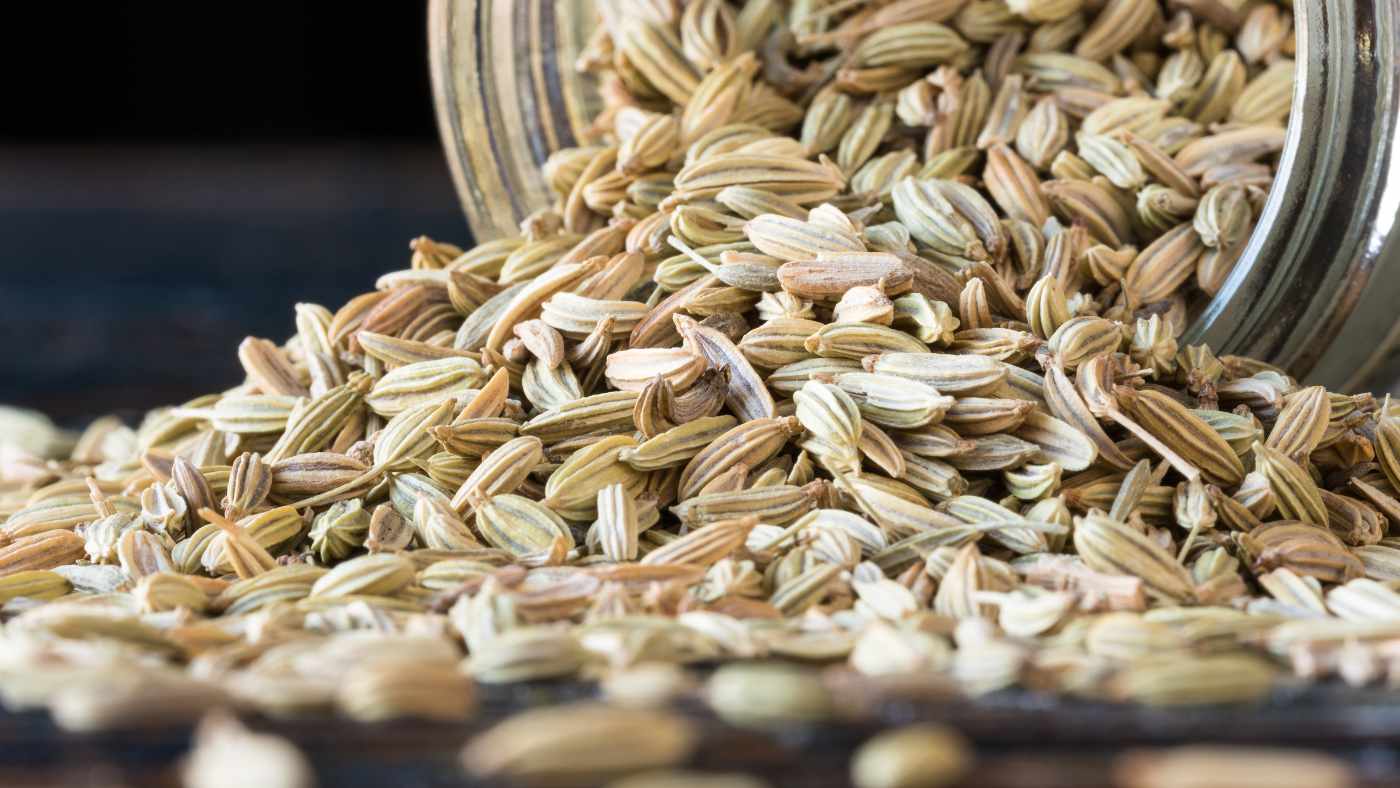All About Fennel: A Culinary Gem with Health Benefits and Rich History

Fennel, an aromatic herb belonging to the carrot family, is valued not only for its distinct anise-like flavor but also for its wide array of health benefits. Fennel's history is as rich as its flavor, having been used in various culinary and medicinal traditions around the world. \
In this article, we explore the uses, health benefits, and historical significance of fennel.
What is Fennel?
Fennel (Foeniculum vulgare) is a flowering plant species native to the Mediterranean region. It is highly recognizable by its feathery leaves, yellow flowers, and bulbous stem.
Fennel is unique in that every part of the plant – the bulb, stalk, leaves, and seeds – is edible and imparts a sweet, licorice-like flavor.
Historical Background
Fennel has a long and storied history, dating back to ancient times. The Greeks and Romans revered fennel for its medicinal properties and used it in traditional ceremonies and rituals.
It was also believed to have strength-enhancing and longevity-promoting properties. In medieval times, fennel was hung over doorways to ward off evil spirits, and its seeds were consumed as an appetite suppressant during fasting days.

Culinary Uses
Fennel is a versatile ingredient in the kitchen and can be used in a variety of dishes:
- Fennel Bulb: It can be sliced and added to salads for a crunchy texture or braised and served as a flavorful side dish.
- Fennel Seeds: Often used in spice blends, fennel seeds add a sweet aroma to sausages, curries, and bread.
- Fennel Leaves: These can be used as an herb, similar to dill, adding a fresh flavor to fish, soups, and salads.
- Fennel Stalks: The stalks can be used for making stocks or as a bed for roasting meats and vegetables.
Health Benefits
Fennel is packed with nutrients and offers several health benefits:
- Rich in Fiber: The fiber content in fennel can aid digestion and promote regularity.
- Antioxidant Properties: Fennel contains various antioxidants like vitamin C and quercetin, which help combat inflammation and oxidative stress.
- Bone Health: It is a good source of calcium, which is essential for maintaining bone strength and health.
- Heart Health: The high levels of potassium in fennel help in regulating blood pressure, thus supporting heart health.
Wrapping-up
Fennel is a remarkable herb that bridges the gap between culinary delight and medicinal wonder. Its unique flavor profile enhances a wide range of dishes, while its health benefits make it a valuable addition to any diet.
The rich history of fennel adds to its allure, reminding us of the herb's journey through centuries and cultures. Whether used in cooking, as a herbal remedy, or simply enjoyed for its taste, fennel continues to be a cherished ingredient in kitchens and medicine cabinets around the world.
